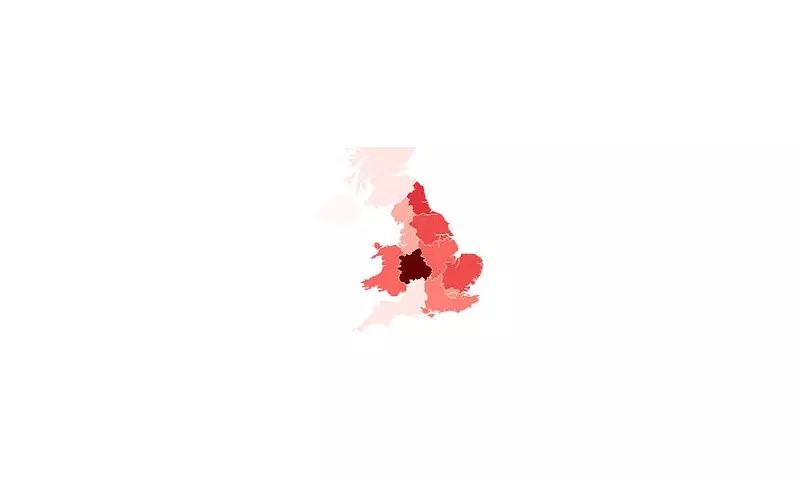
A stark new report from the AA has laid bare the escalating scale of the UK's roadside litter crisis, with over half of the nation's drivers reporting a noticeable increase in rubbish blighting roads and surrounding areas.
The Litter Hotspots Revealed
The motoring organisation commissioned a survey of 11,020 AA members across the UK between October 14 and 22 this year. Drivers were asked if they were noticing more or less litter on their travels. The results present a grim picture, with 55% of all UK respondents stating the problem is getting worse, a rise from 52% just months earlier in May 2024.
The situation is most severe in the West Midlands, where a staggering 63% of drivers reported seeing more litter, a significant jump from 56% a year ago. The region is closely followed by the North East (58%), Yorkshire & Humber (57%), and Eastern England (57%). London, while still above the national average, ranked lower than expected with 54% of respondents noting an increase.
At the other end of the spectrum, Northern Ireland was found to have the cleanest roads in the UK, with only 49% of drivers reporting more litter, a figure that has actually decreased since the last survey.
A Costly and Dangerous Epidemic
Edmund King, director of the AA Charitable Trust, labelled the findings a 'wake-up call'. He emphasised the severe consequences of this behaviour, stating, 'Tossing rubbish from vehicles spoils the environment, costs millions, and puts road workers’ lives at risk when they must clear up.'
The scale of the clean-up operation is monumental. Street cleaners are forced to collect a staggering 2 million items of litter every single day, a task that costs UK taxpayers more than £1 billion annually. The environmental impact is equally devastating, with plastics, metals, and glass persisting for thousands of years, harming ecosystems and endangering wildlife that mistake the waste for food.
Public Support for Action and Enforcement
The survey also revisited public opinion on enforcement measures introduced in February 2022, which allow councils to issue civil penalties to the registered keeper of a vehicle from which litter is thrown. While support has dipped slightly, a majority of 51% of respondents in 2025 still agree this is a reasonable approach.
King noted the public appetite for action, saying, 'The fact that most drivers support holding vehicle owners accountable shows there is public appetite for councils to enforce the rules more effectively.' However, he stressed the need for adequate resources and a collaborative national effort.
To tackle what it describes as a 'roadside litter epidemic', the AA has proposed a comprehensive action plan. This includes:
- Increased funding for local authorities to support litter enforcement and clean-up operations.
- Public education campaigns to raise awareness of the environmental and safety risks.
- Stronger partnerships with businesses to reduce packaging waste.
- Investment in better roadside bins at lay-bys and service stations.
The overarching message from the AA is clear: solving this crisis requires a combined effort of education, enforcement, and corporate responsibility, with every driver encouraged to simply 'bag it and bin it'.





